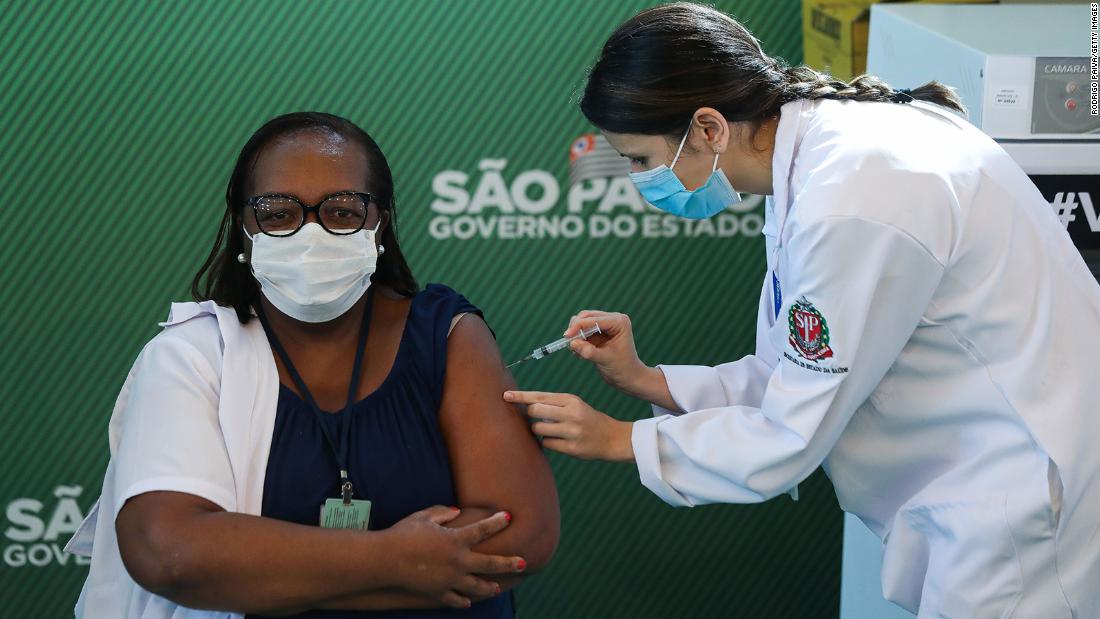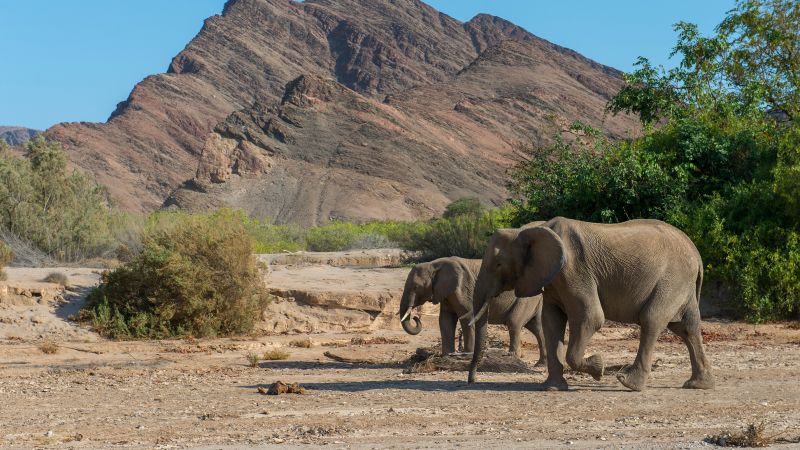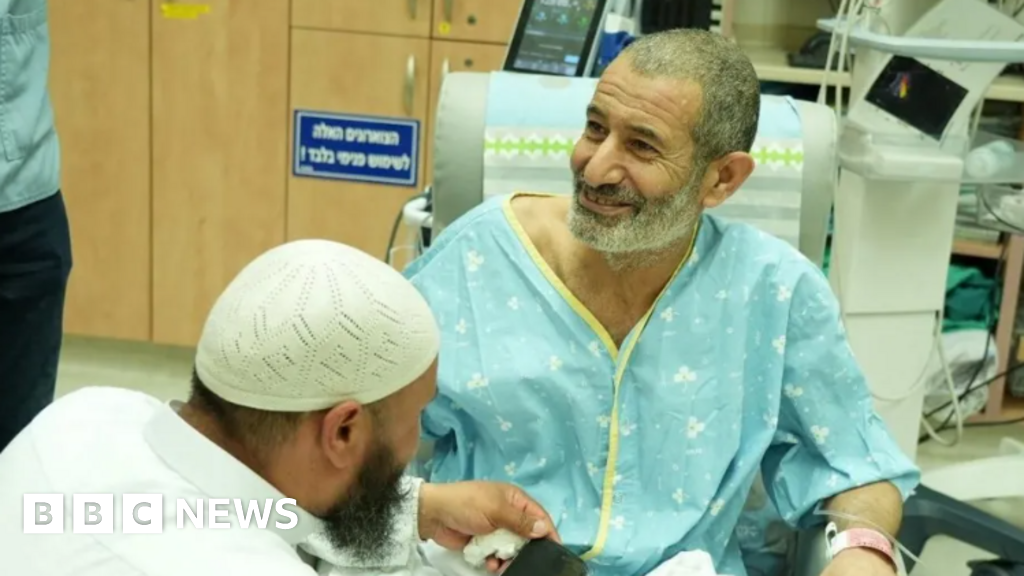Minutes later, Monica Calazans, a black nurse from downtown São Paulo, became the first Brazilian to be vaccinated. Calazans, who are at high risk of developing complications from Covid-19 and working in an ICU that has had a capacity of 90% or more since April, burst into tears before receiving a Coronavac injection.
„You don’t understand what this means to me,“ she told São Paulo Governor Joao Doria.
Coronavac, developed by the Chinese company Sinovac, is now authorized to use 6 million imported doses. It has a history in the state of São Paulo, where the local Botantan Institute conducted clinical trials of a phase III vaccine. Butantan will also produce future doses.
The technical report issued by ANVISA confirmed the green light for Coronavac that the agency has also taken into account the urgency of the cases of Covid-19 virus in Brazil and the „lack of treatment alternatives“.
It also recommended that the vaccine be monitored more closely, noting that the Butantan Institute did not provide important data from the third phase study, such as the duration of protection provided by the vaccine and its effect on the elderly, those with comorbidities and other patient groups.
Fiucruz signed a deal to buy and produce the vaccine with the pharmaceutical giant AstraZeneca in June. After successive delays, in October the Brazilian government signed a contract for 256 million doses and announced that it would receive the first doses in December.
After another series of delays, Fiucruz expects to receive the first shipment by the end of January.
CNN’s Rodrigo Pedroso is from Sao Paulo and Caitlin is from New York.

„Študent. Nadšenec kávy. Badateľ priateľský k hipsterom. Zlý podnikateľ. Extrémny internetový fanatik.“





